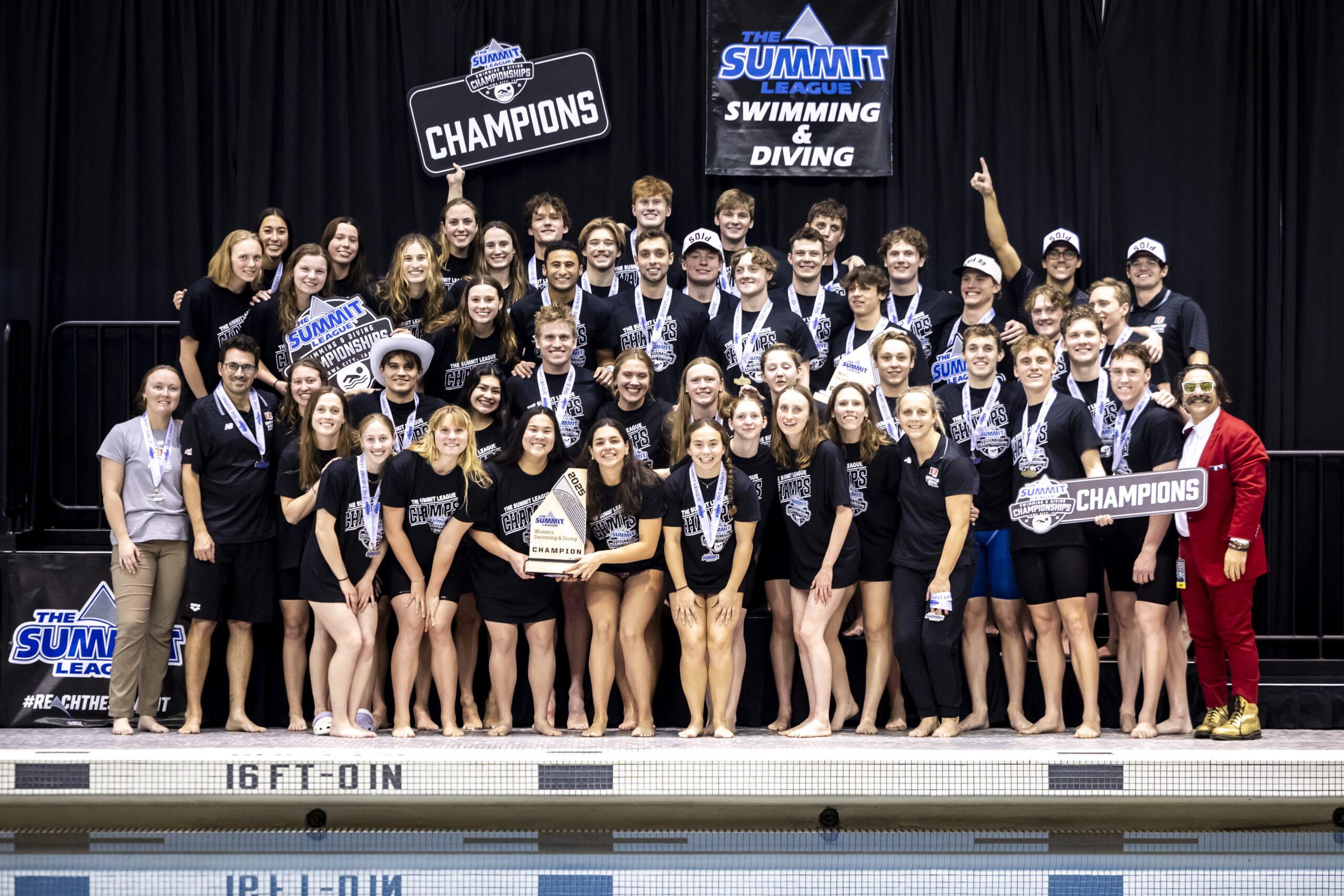Dear Editor,
I head Earthjustice’s (and the environmental community’s) federal judicial nomination project.
I am writing to encourage you to write a follow-up on Colin Rydell’s Feb. 5 “Conservative judge appointed” editorial in the Clarion on President Bush’s federal judicial nominations.
For the first time, a nominee’s extreme record on protections for the environment and Native Americans is the focus for a threatened filibuster. William G. Myers III, who cleared the U.S. Senate Judiciary Committee on a party-line vote, is a nominee to a lifetime seat on the Ninth Circuit, which decides the fate of federal safeguards in nine western states.
As described below, both as an industry advocate and as the Interior Department’s top lawyer, William Myers “has proven himself to be an activist opponent of the federal government” with a record that includes extreme, ideological attacks on Congress’ Commerce Clause power and favoring industry profit at the expense of basic protections for the environment and for Native Americans.
Remarkably, Judiciary Committee Chairman Orrin Hatch (R-Utah) acknowledged bi-partisan support on the bulk of President Bush’s judicial nominations; in a May 10 Senate Floor speech, he stated: “I commend Senator Daschle and other colleagues across the aisle, especially my friend the ranking Democratic member of the Judiciary Committee, Senator Leahy, for working with us and the administration in confirming to date 173 of President Bush’s judicial nominations.
As Senator Leahy frequently reminds us, 100 of those nomination confirmations took place during his tenure as Judiciary Committee chairman from mid-2001 through 2002.”
Unfortunately, Sen. Hatch still refuses to recognize that filibusters have been necessary to block a handful of the most extreme and unqualified nominees (and will be necessary to block William Myers) because every Republican Senator has voted in lockstep to rubber-stamp every judicial nominee, despite the constitutional advise-and-consent duty to exercise independent judgment on a President’s nominations of lifetime members of the third branch of government–our independent judiciary.
Senators need to realize and act on what should not be a partisan issue-the Senate’s constitutional obligation to join in selecting lifetime members of the third branch of government by exercising their advise-and-consent duty by blocking the confirmation of an unqualified, extreme, ideological court of appeals nominee: William G. Myers III.
As the Interior Department’s Solicitor (top lawyer), Myers wrote a formal legal opinion that reversed the previous Solicitor’s opinion and cleared the way for a previously rejected cyanide heap-leach gold mine in California that would pollute the environment and destroy the Quechan Indian Tribe’s sacred sites.
He ignored Interior’s trust responsibility to tribes and legal requirements by meeting with the mining company but failing to even consult with the Tribe, which had requested a meeting.
In November 2003, a federal judge held that Myers’ legal opinion badly misinterpreted the law.
Before he joined the Interior Department, Myers was an activist lawyer/lobbyist for the mining and cattle industries; he unsuccessfully argued in Supreme Court briefs that Clean Water Act and Endangered Species Act safeguards were unconstitutional under the Commerce Clause.
Myers echoed the position of an unsuccessful D.C. Circuit Court of Appeals nominee, California Justice Janice Rogers Brown, by asserting that ranchers’ property rights are “as fundamental” as free speech.
No court has agreed with this position, which if accepted, would invalidate a vast range of laws that limit use of property, from local zoning to federal protections for the environment, workers, and civil rights.
Myers compared the government’s management of public lands to King George’s “tyrannical” rule over the American colonies and denounced the California Desert Protection Act as “an example of legislative hubris.”
——————————–Glenn SugameliSenior Legislative CounselEarthjustice











